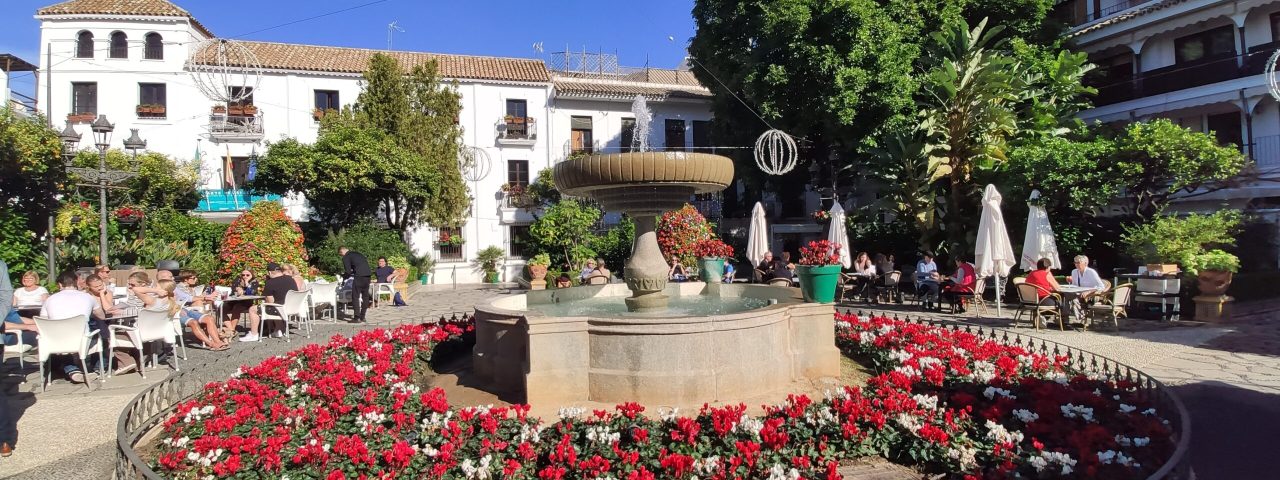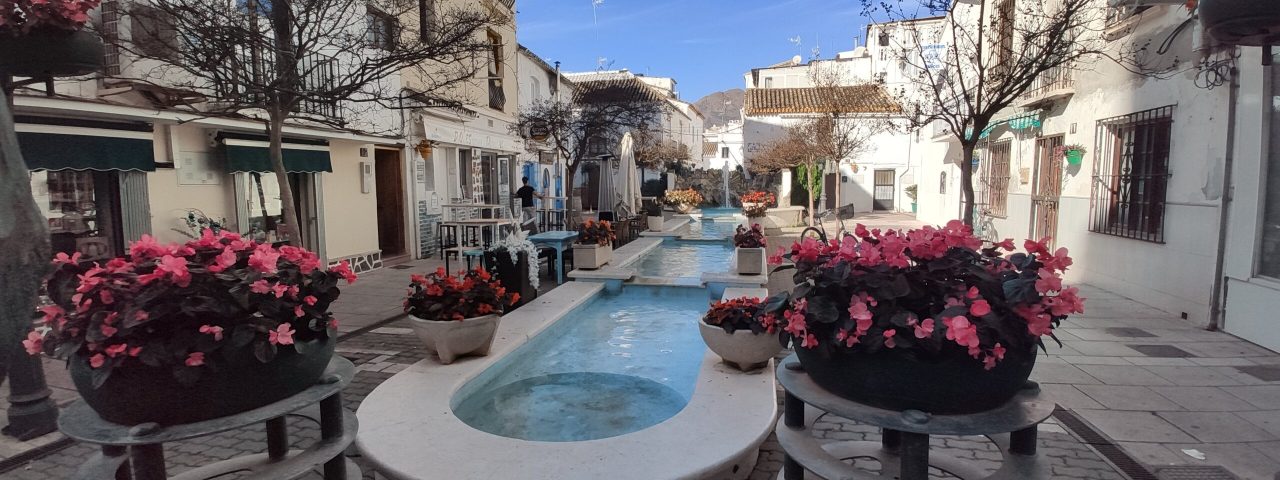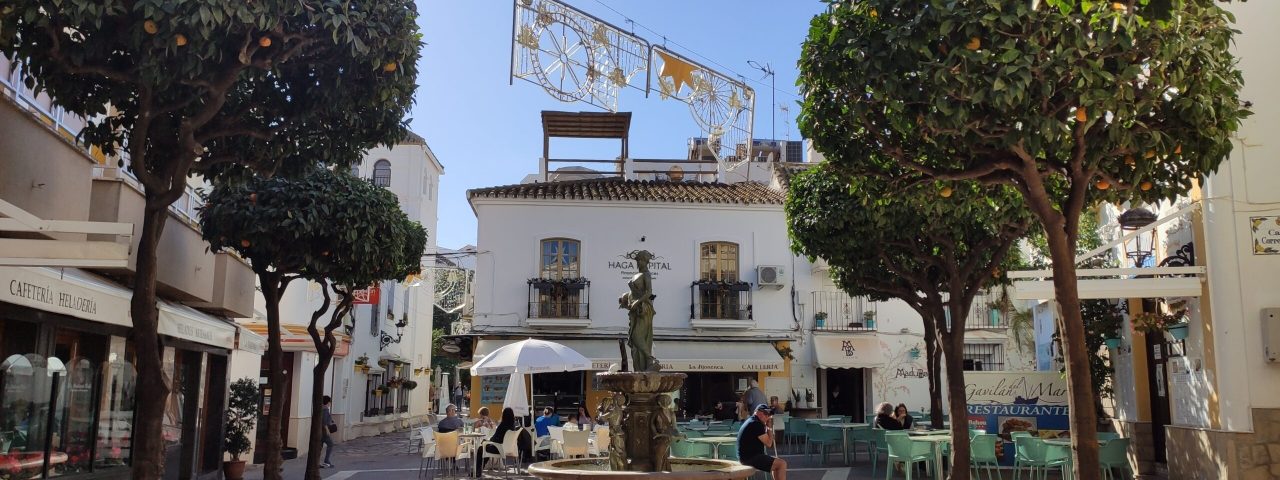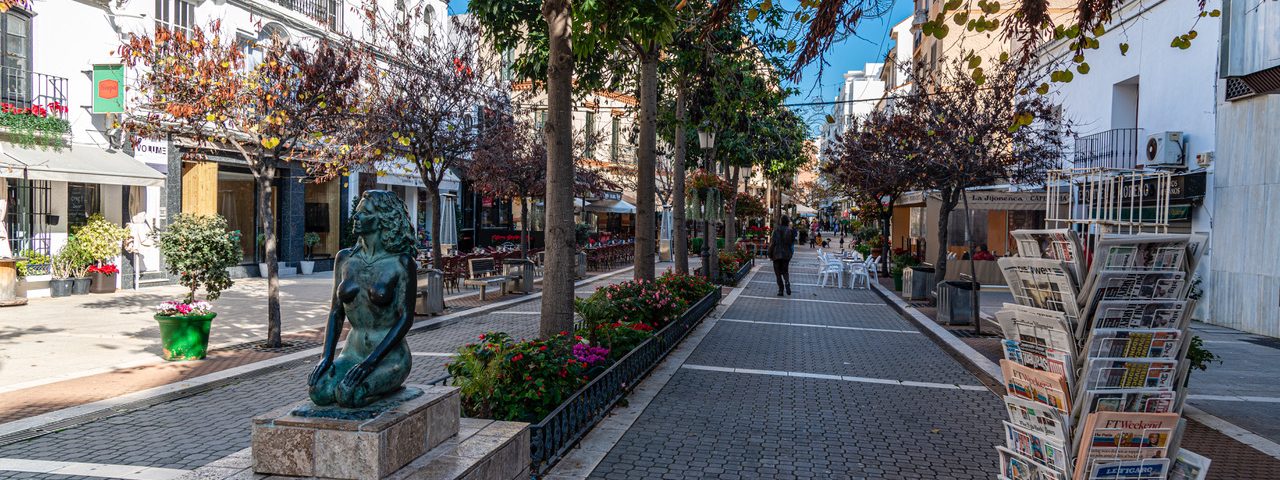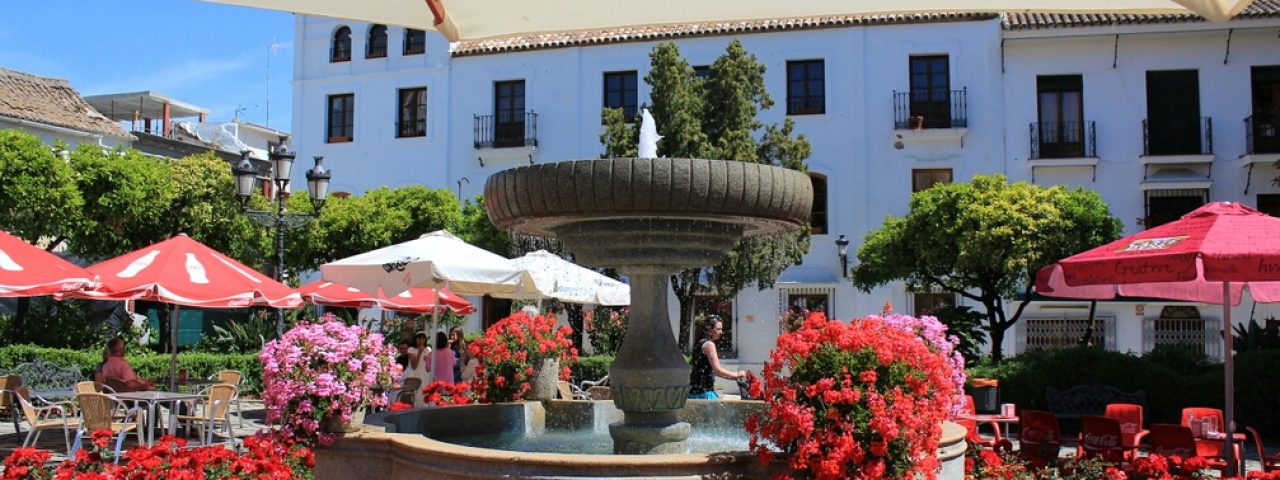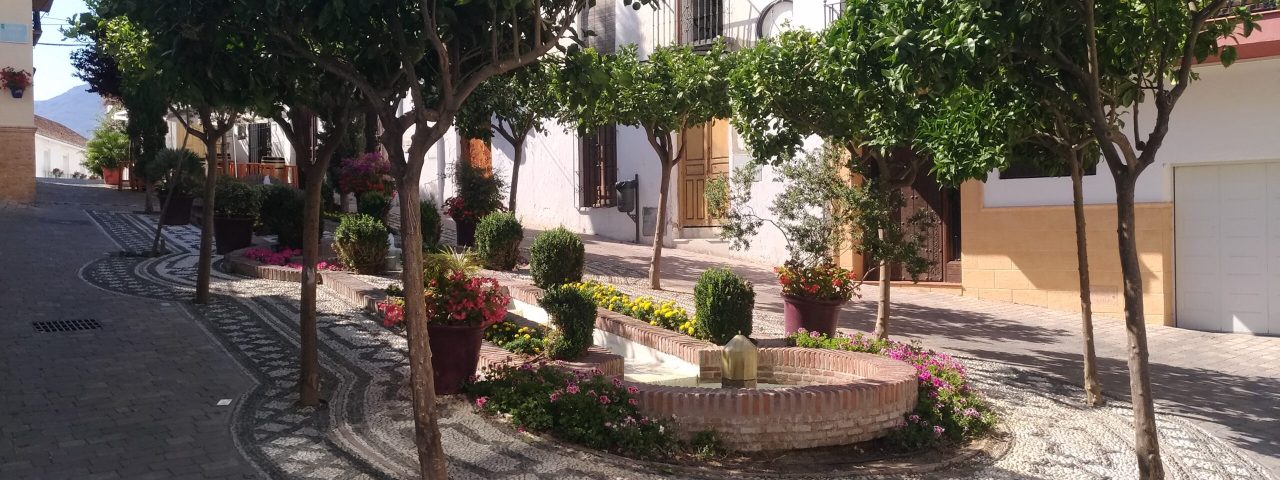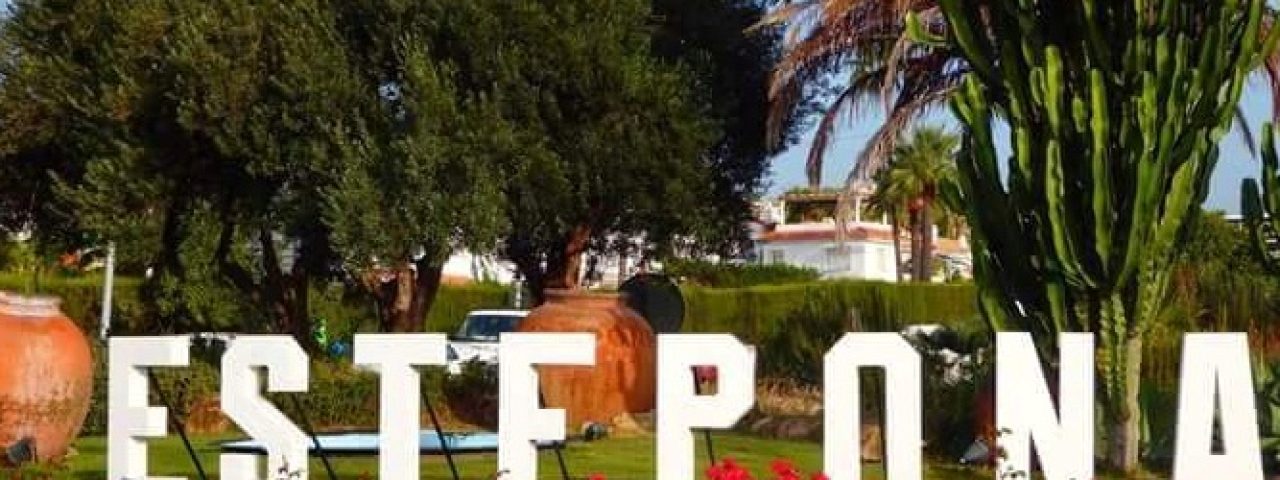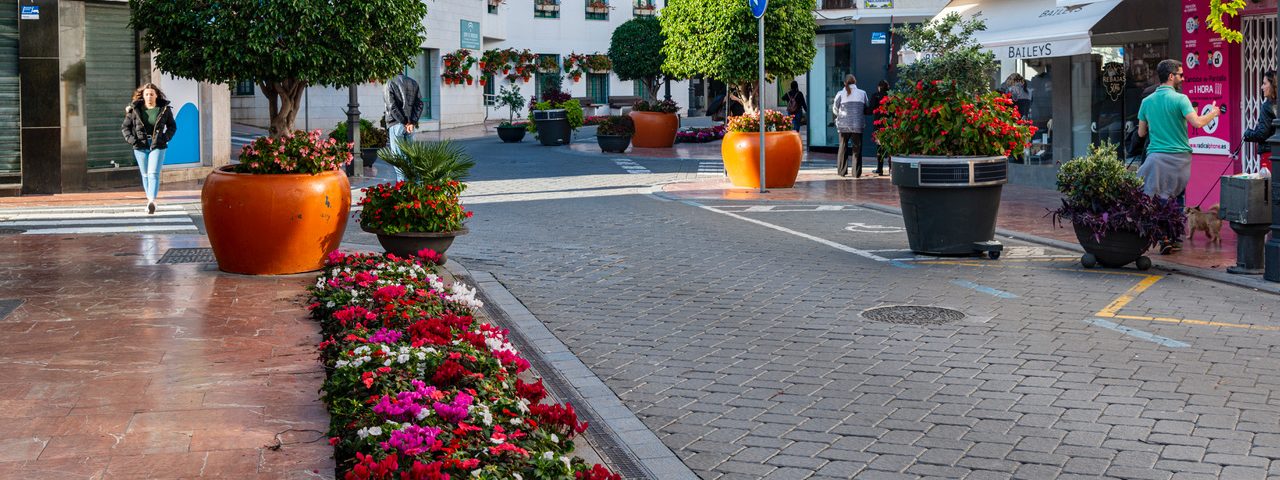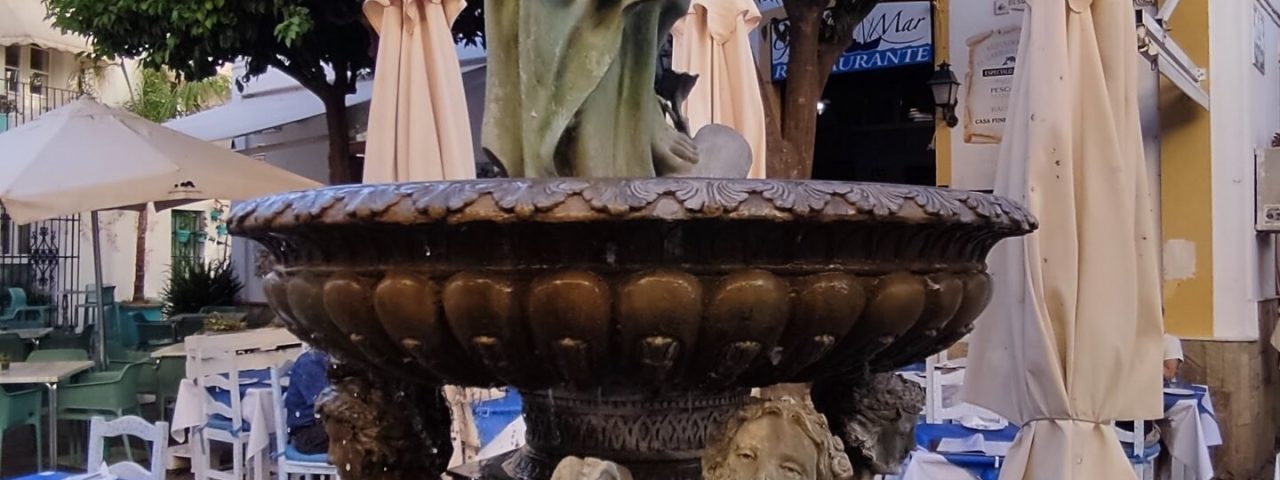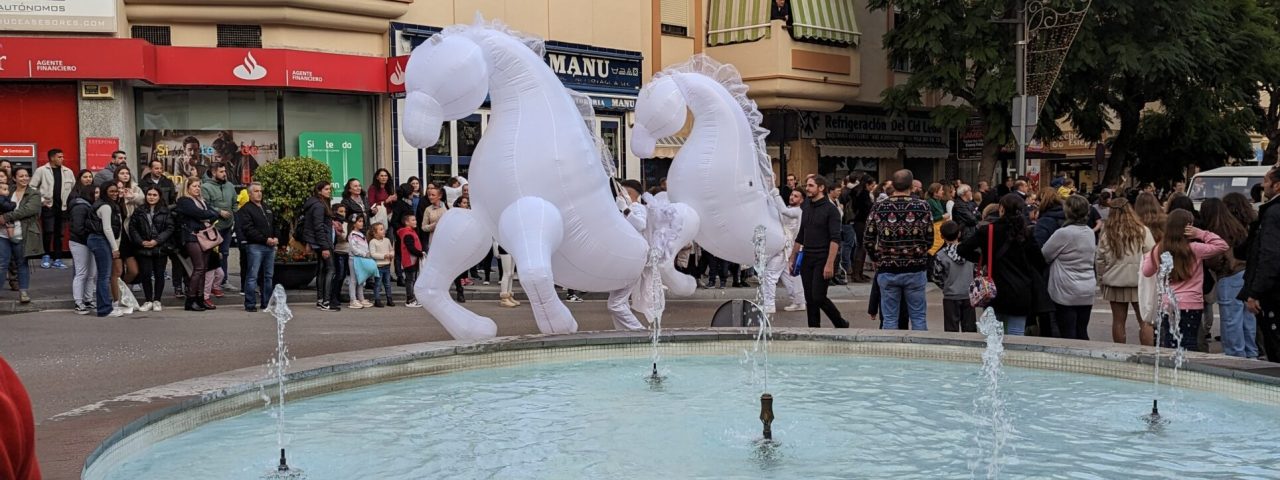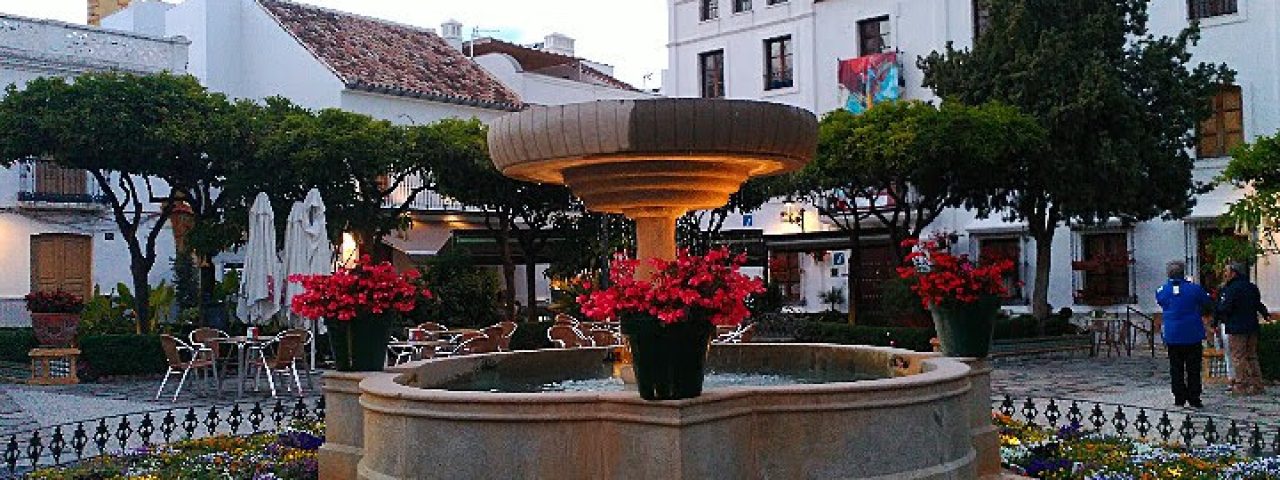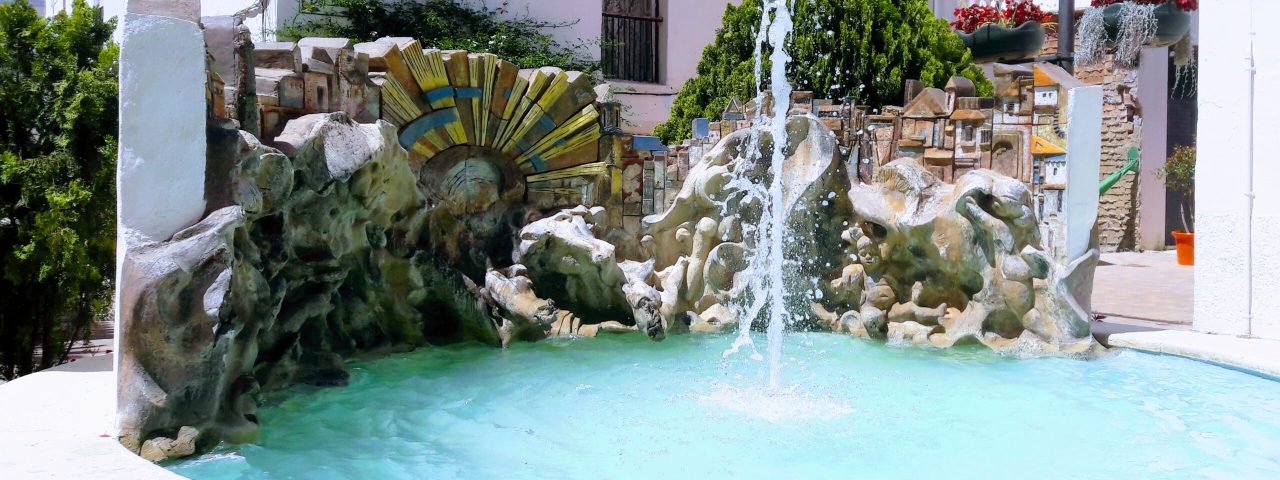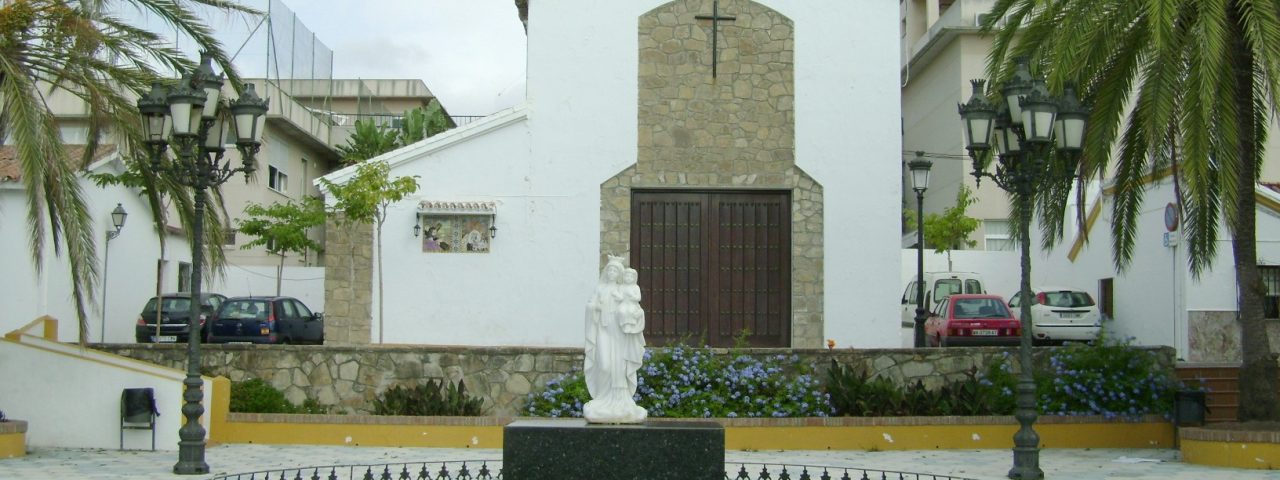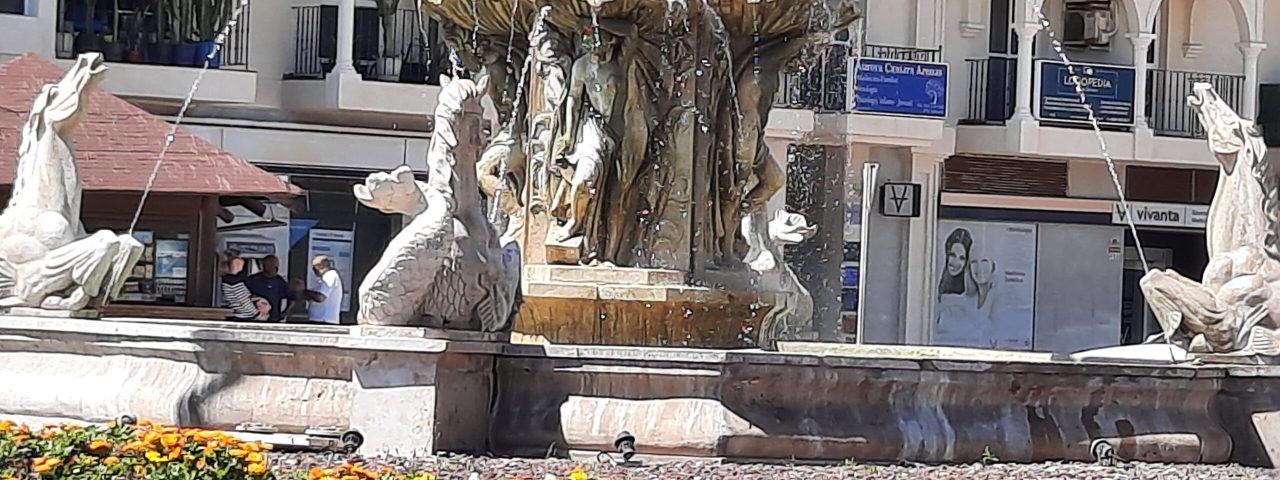Estepona has a rich and diverse history that dates back thousands of years, with influences from Roman, Moorish, and Christian civilizations. Originally established as a fishing village, the city developed over centuries, with archaeological remains from both the Roman and Moorish periods still evident today. After the Christian Reconquest in the late 15th century, Estepona began to grow as a trading town and eventually became a key player in the Andalusian agricultural economy.
Culturally, Estepona is deeply rooted in Andalusian traditions, with flamenco music, local festivals, and religious processions playing a major role in community life. The annual “Feria y Fiestas Mayores” in July is one of the city’s most important cultural events, featuring parades, live music, and traditional dancing. The religious processions during Semana Santa (Holy Week) are also a significant cultural highlight, attracting visitors from all over Spain and abroad.
Local customs include the celebration of “San Isidro Labrador,” where the community honors the patron saint of farmers with a pilgrimage and festivities. Estepona’s blend of history and vibrant cultural life makes it a fascinating place for anyone interested in Andalusian traditions and heritage.
